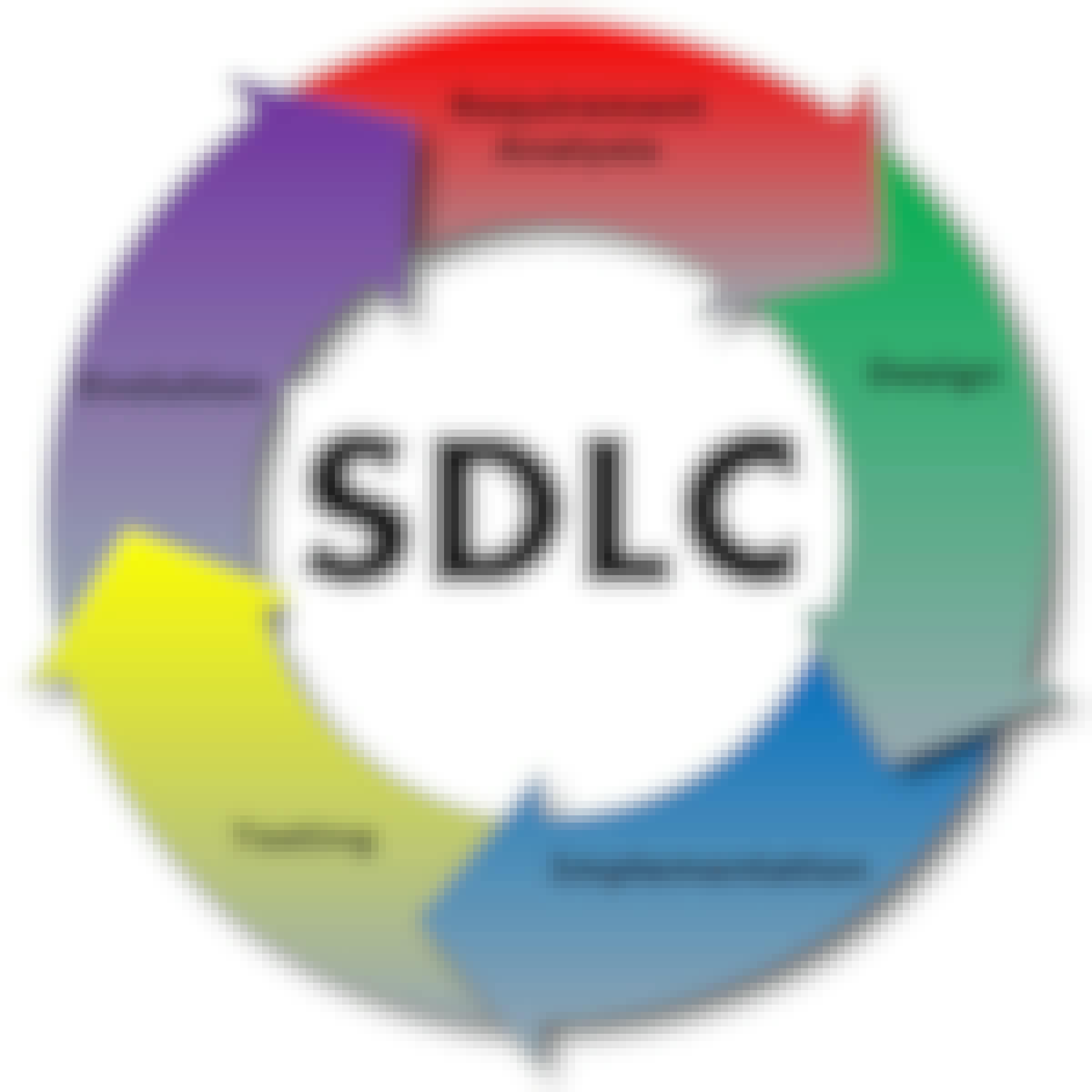Filter by
SubjectRequired
LanguageRequired
The language used throughout the course, in both instruction and assessments.
Learning ProductRequired
LevelRequired
DurationRequired
SkillsRequired
SubtitlesRequired
EducatorRequired
Explore the Health Economics Course Catalog
 Status: Preview
Status: PreviewUniversiteit Leiden
Skills you'll gain: Patient Education And Counseling, Behavioral Health, Health Technology, Mental and Behavioral Health, Health Care, Chronic Diseases, Health Assessment, Care Management, Telehealth, Program Evaluation
 Status: Free Trial
Status: Free TrialUniversity of Colorado System
Skills you'll gain: Vital Signs, Emergency Medical Services, Patient Evaluation, Medical History Documentation, Medical Terminology, Health Assessment, Emergency Medicine, Patient Preparation, Medical Emergency, Patient Safety, Anatomy, Safety Assurance, Stress Management
 Status: Preview
Status: PreviewSkills you'll gain: Science and Research, Research, Physical Science, Scientific Methods, Life Sciences, Physics, Water Resources, Advanced Mathematics, Chemistry, Environment, Biology
 Status: Free Trial
Status: Free TrialRutgers the State University of New Jersey
Skills you'll gain: Health Care Administration, Health Administration, Governance, Business Process, Business Process Management, Quality Improvement, Health Systems, Process Improvement, Continuous Quality Improvement (CQI), Quality Assurance, Process Design, Business Process Improvement, Data Collection, Health Information Management and Medical Records, Presentations, Health Care, Health Policy, Healthcare Industry Knowledge, Preventative Care, Spreadsheet Software
 Status: Preview
Status: PreviewThe Hong Kong University of Science and Technology
Skills you'll gain: Cooking, Food and Beverage, Nutrition and Diet, Scientific Methods, Color Theory, Chemistry, Research Design, Psychology, Biology
 Status: Preview
Status: PreviewHebrew University of Jerusalem
Skills you'll gain: Artificial Neural Networks, Neurology, Computer Science, Psychology, Basic Electrical Systems, Network Analysis, Simulation and Simulation Software, Computational Thinking, Mathematical Modeling, Biology
 Status: Free Trial
Status: Free TrialUniversity of Pennsylvania
Skills you'll gain: Positivity, Research, Research Methodologies, Personal Development, Research Design, Mental Health Diseases and Disorders, Psychology, Self-Awareness, Program Evaluation, Creativity, Curiosity
 Status: Preview
Status: PreviewUniversidad de Chile
Skills you'll gain: Neonatal Intensive Care Unit, Child Health, Nursing Care, Pediatrics, Respiratory Care, Patient Safety, Cardiopulmonary Resuscitation (CPR), Life Support, Patient Evaluation, Medical Equipment and Technology, Health Assessment, Nutrition and Diet, Epidemiology
 Status: Free Trial
Status: Free TrialUniversity of Michigan
Skills you'll gain: Health Disparities, Health Equity, Social Justice, Community Health, Public Health, Health Systems, Health Policy, Health Care, Diversity Equity and Inclusion Initiatives, Social Sciences, Health Care Procedure and Regulation, Sociology, Healthcare Industry Knowledge, Diversity Awareness, Healthcare Ethics, Cultural Diversity, Continuous Quality Improvement (CQI), Socioeconomics, Cultural Responsiveness, Biology
 Status: Free Trial
Status: Free TrialUniversity of Minnesota
Skills you'll gain: Software Development Methodologies, Agile Methodology, Software Engineering, Software Development Life Cycle, Requirements Analysis, Application Deployment, Agile Software Development, Systems Development, Software Architecture, Verification And Validation, Process Driven Development, Waterfall Methodology, System Requirements, Software Testing, Scrum (Software Development), Release Management, User Requirements Documents, Development Testing, Software Design, Maintainability
 Status: Free Trial
Status: Free TrialIcahn School of Medicine at Mount Sinai
Skills you'll gain: Speech Therapy, Speech Language Pathology, Patient Evaluation, Anatomy, Surgery, Physical Therapy, Chronic Diseases, Acute Care, Respiration, Internal Medicine, Primary Care, Medical Management, Pathology, Medical Terminology, Infectious Diseases, Respiratory Care, Pharmacotherapy, Patient Treatment
 Status: Preview
Status: PreviewUniversity of Copenhagen
Skills you'll gain: Preventative Care, Pharmacology, Chronic Diseases, Epidemiology, Medical Science and Research, Patient Treatment, Pharmaceuticals, Kinesiology, Precision Medicine, Public Health, Biology, Nutrition and Diet, Molecular Biology
Health Economics learners also search
In summary, here are 10 of our most popular health economics courses
- Population Health: Health & Health Behaviour: Universiteit Leiden
- EMT Foundations: University of Colorado System
- The Science of the Solar System: Caltech
- Healthcare Organization Operations: Rutgers the State University of New Jersey
- The Science of Gastronomy: The Hong Kong University of Science and Technology
- Synapses, Neurons and Brains : Hebrew University of Jerusalem
- Positive Psychology Specialization Project: Design Your Life for Well-being: University of Pennsylvania
- Cuidados y procedimientos generales en la atención del recién nacido: Universidad de Chile
- Addressing Racial Health Inequity in Healthcare: University of Michigan
- Software Development Processes and Methodologies: University of Minnesota










